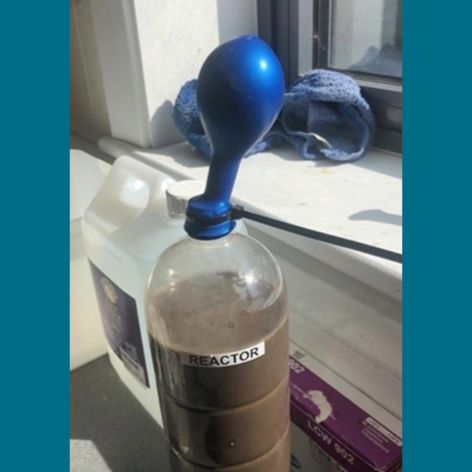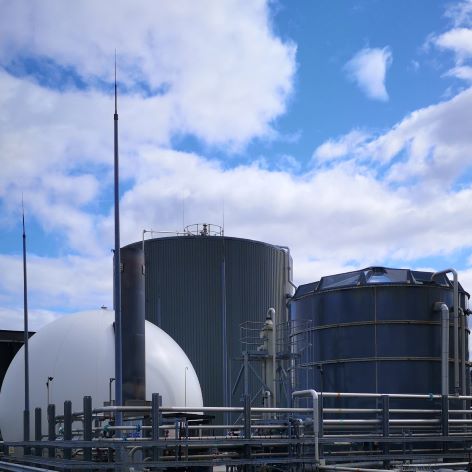Hibernation and re-start of Anaerobic Digester
Tain, ScotlandAlpheus, our sister company in the UK, began providing Operations & Management services at The Glenmorangie Company Wastewater Treatment & Anaerobic Digestion in January 2020.
The AD Plant had been following a planned feeding schedule to systematically maintain the anaerobic digester throughout the distillery’s planned shutdown. However, when the country was forced into lockdown in March 2020 due to COVID, Glenmorangie took the decision to delay distillery start-up for an undetermined amount of time.
If the original feed plan had been followed, stored feed supplies would have been depleted by the end of the planned two-week shutdown. This presented Alpheus Glenmorangie with a huge challenge for maintaining biomass activity throughout this unknown period – one which also presented potentially significant costs & environmental impact.
The service provided
Alpheus initially worked with our client to understand and advise on all possible existing options & the implications of each. Alpheus believed there could be an alternative – one that would offer greater cost and environmental savings for our client.
An Innovation Group was established to devise a bespoke plan to hibernate the digester in which it, & all equipment, would be shut down. This had never been done before at Glenmorangie, so the plan carried a certain level of risk but together with Glenmorangie Alpheus were confident that the specialist capabilities, expertise and experience would enable Alpheus to deliver it.
The implementation
Preparing for hibernation
The key challenge was to ensure the biomass remained viable so the digester could be ready to start-up at any time. So our technical team closely monitored biomass activity throughout the hibernation period. The reactor and gas holder were replicated within the site laboratory through daily experiments, and all parameters and readings were closely monitored to ensure viability.
Re-starting the digester
After 5 weeks, Glenmorangie gave notice of their intention to re-start the distilling process.
Alpheus produced a detailed plan to re-start the digester within 21 days and process the required volume and closely monitored the digester to manage the biomass during the stabilisation period so no consent issues were caused. Biomass had to be allowed to re-grow gradually, having reduced to approx. 25% of its normal treatment capacity in the hibernation period.
The digester temperature was gradually brought back up to operating temperature & a stepped feeding regime implemented. VFA/Alkalinity results (aka FOS/TAC) were closely monitored daily, to ensure maximum performance and start-up rates were achieved. Alpheus worked closely with the distillery during start-up stage, to understand how much effluent they would be sending and when.
The outcome
The plans created as part of this project now form part of Glenmorangie’s site crisis plan.
During the 2020 hibernation Glenmorangie made significant carbon and cost savings through not running the plant unnecessarily, including:
- 100% saving on waste disposal and feedstock transportation (plus associated carbon emissions)
- 99% saving on chemical usage
- 84% reduction in valuable gas flaring
- 62.5% reduction in electricity consumption
- 100% compliance throughout hibernation
- No disruption to the distillery’s production process

